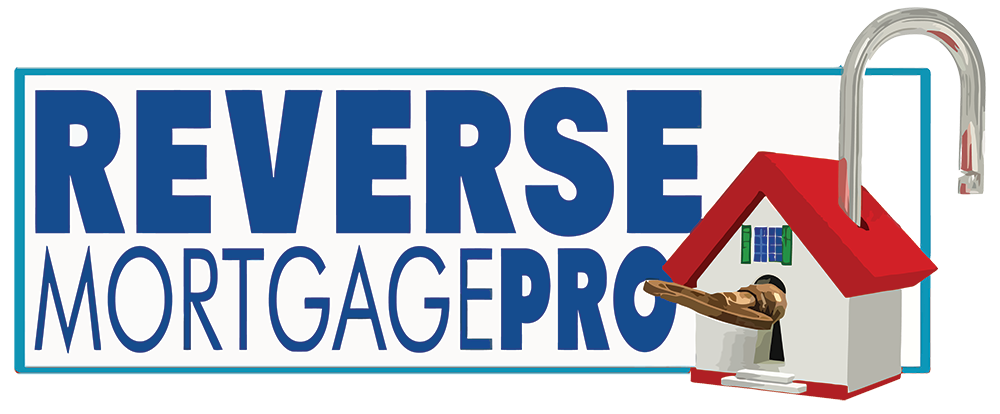Many seniors are discovering the convenience of using a reverse loan for financial stability in their golden years. It allows them to receive funds as lump sums, lines of credit, monthly payments, or a combination, all without the burden of regular fees.
Borrowers can also use these loans in estate planning, but they present potential challenges for heirs. If you’re considering doing the same, let’s discuss its impact on inheritance and the complexities involved that you and your heirs must know.
How Reverse Loans Affect Legacy Plans
In estate planning, a reverse mortgage allows you to preserve other assets for inheritance. It taps into your home equity, eliminating the need to liquidate savings and investments. However, the loan’s interest gets capitalized more. The overall amount to pay after your death also increases, substantially reducing the equity for your heirs.
Additionally, heirs are responsible for repaying the reverse mortgage when it’s due. But they can use its nonrecourse protection to their advantage. This FHA-insured feature assures they will never owe more than the house’s appraised value at the time of sale, even if the loan balance exceeds that amount.
Special Considerations
Beyond that, it’s essential to understand that there are unique rules for heirs who are spouses and children or non-spouses. Here’s a breakdown of their conditions:
-
The Heir is a Spouse
Spouses inheriting a home with a reverse loan come in three categories. First are co-borrowing spouses, or the borrower’s partner, who can stay home and continue receiving money. Since they’re equally responsible for fulfilling the loan requirements, the property and mortgage become part of their estate when they die.
Second are eligible non-borrowing spouses who weren’t qualified for co-borrowing when the loan was approved. They can remain at home if they meet certain conditions but won’t receive additional funds. Similarly, their estate will include the house and mortgage after death.
Third are ineligible non-borrowing spouses who don’t qualify for the previous categories. They aren’t permitted to receive the loan proceeds and must buy the house if they wish to stay there.
-
The Heir is a Child or Non-Spouse
Children and non-spouse heirs must refinance or pay the reverse mortgage balance to keep the house. Alternatively, they can sell the house and use the proceeds as payment. They can also keep any remaining equity after settling the loan.
Moreover, they must complete the payment as soon as possible, as lenders typically give six to twelve months. In some cases, lenders may grant extensions if the heirs actively work to resolve the debt.
Seek Personalized Advice from Reverse Mortgage Pro
Although reverse mortgages offer financial security, they can dwindle the property’s value and inheritable equity. Before incorporating them into legacy planning, it’s crucial to carefully plan and understand the repayment obligations, protections, and possible constraints of reverse mortgages for heirs. Contact our local reverse mortgage lenders in Virginia for more information to ensure the best outcome for your estate plan.


